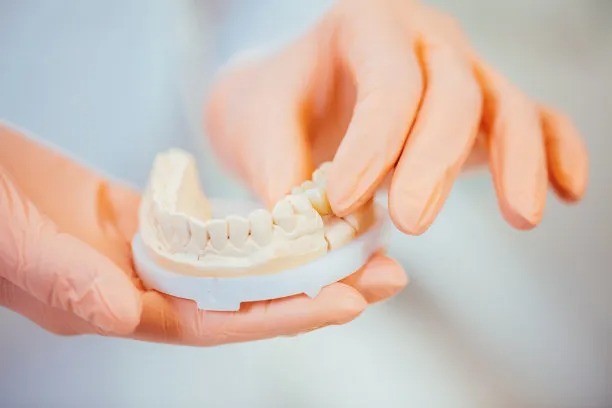Essential Guidelines for Patients to Prepare for a Successful Root Canal Treatment and Ensure Optimal Recovery Outcomes
Summary: Root canal treatment can be a daunting experience for many patients. However, understanding essential guidelines can ease anxiety and contribute to a successful outcome. This article provides a comprehensive overview of preparation steps, pain management strategies, dietary considerations, and aftercare essentials. By following these guidelines, patients can ensure a more comfortable procedure and optimize their recovery, leading to a healthier smile. Awareness and preparation are the key factors in transforming a root canal treatment from a stressful event into a manageable health journey.
1. Effective Preparation Steps for Patients

Preparation is critical to ensuring that your root canal treatment proceeds smoothly. First and foremost, communicate clearly with your dentist regarding your dental history. Providing detailed information about any previous dental work, medications, and allergies will help the dental team make informed decisions tailored to your specific needs.
Another important step is to arrange for transportation to and from the dental office. After the procedure, you may still be under the influence of anesthesia or sedatives, making it unsafe to drive. It’s prudent to have a family member or friend ready to drive you home, ensuring you can relax and recover without added stress.
Lastly, try to maintain good oral hygiene leading up to your appointment. Brushing and flossing thoroughly can reduce the number of bacteria in your mouth, which may help prevent infections and complications during and after the treatment.
2. Understanding Pain Management Options
Pain management is a vital aspect of the root canal experience. Prior to the procedure, discuss anesthesia options with your dentist. Local anesthesia is commonly used, allowing the patient to remain awake but pain-free during the treatment. Understanding the options available can significantly ease anxiety.
In addition to anesthesia, premedication may also be an option worth considering. For patients with high anxiety or fear, your dentist may prescribe anti-anxiety medication to take before the appointment. This can help in creating a calmer environment, both for you and the dental team.
After the procedure, pain management doesn’t stop. You may experience some discomfort as the anesthesia wears off. Its important to have over-the-counter pain medications ready. Discuss with your dentist the appropriate medications beforehand, ensuring you have everything in place for effective pain control post-treatment.
3. Dietary Considerations Before and After Treatment
Your diet plays a significant role in preparing for and recovering from a root canal. Prior to your appointment, consume light meals that are easy on your stomach. Avoiding foods that are hard, crunchy, or sticky will reduce the risk of exacerbating any pre-existing dental issues.
After your procedure, it’s crucial to follow specific dietary guidelines to promote healing. Stick to soft foods in the initial 24 hours. Applesauce, yogurt, and smoothies can provide nourishment without putting additional strain on the treated area.
Moreover, staying hydrated is key. While you may initially want to avoid hot beverages due to possible sensitivity, lukewarm water or herbal teas can be soothing and help keep your mouth clean and your body well-hydrated.
4. Aftercare Essentials for Optimal Recovery
Aftercare is just as important as preparation when it comes to root canal treatment. Following your procedure, be sure to follow your dentists instructions meticulously. This often includes taking prescribed medications as directed and scheduling follow-up appointments to monitor your healing.
Maintaining a good oral hygiene routine is crucial during recovery. However, avoid brushing the treated area directly for the first few days. Instead, gently rinse your mouth with warm salt water to keep your mouth clean while fostering a conducive healing environment.
Lastly, stay aware of any unusual symptoms or prolonged discomfort. While some pain is normal following the procedure, severe soreness or swelling can indicate complications. If you experience these symptoms, contact your dentist for guidance as soon as possible to avoid further complications.
Summary:
Root canal treatment doesn’t have to be an overwhelming experience. By following the essential guidelines outlined in this article, patients can prepare themselves effectively and foster a smooth recovery process. From effective preparation steps to aftercare essentials, taking charge of your health can significantly impact the outcome of your dental procedure.
This article is compiled by Vickong Dental and the content is for reference only.



